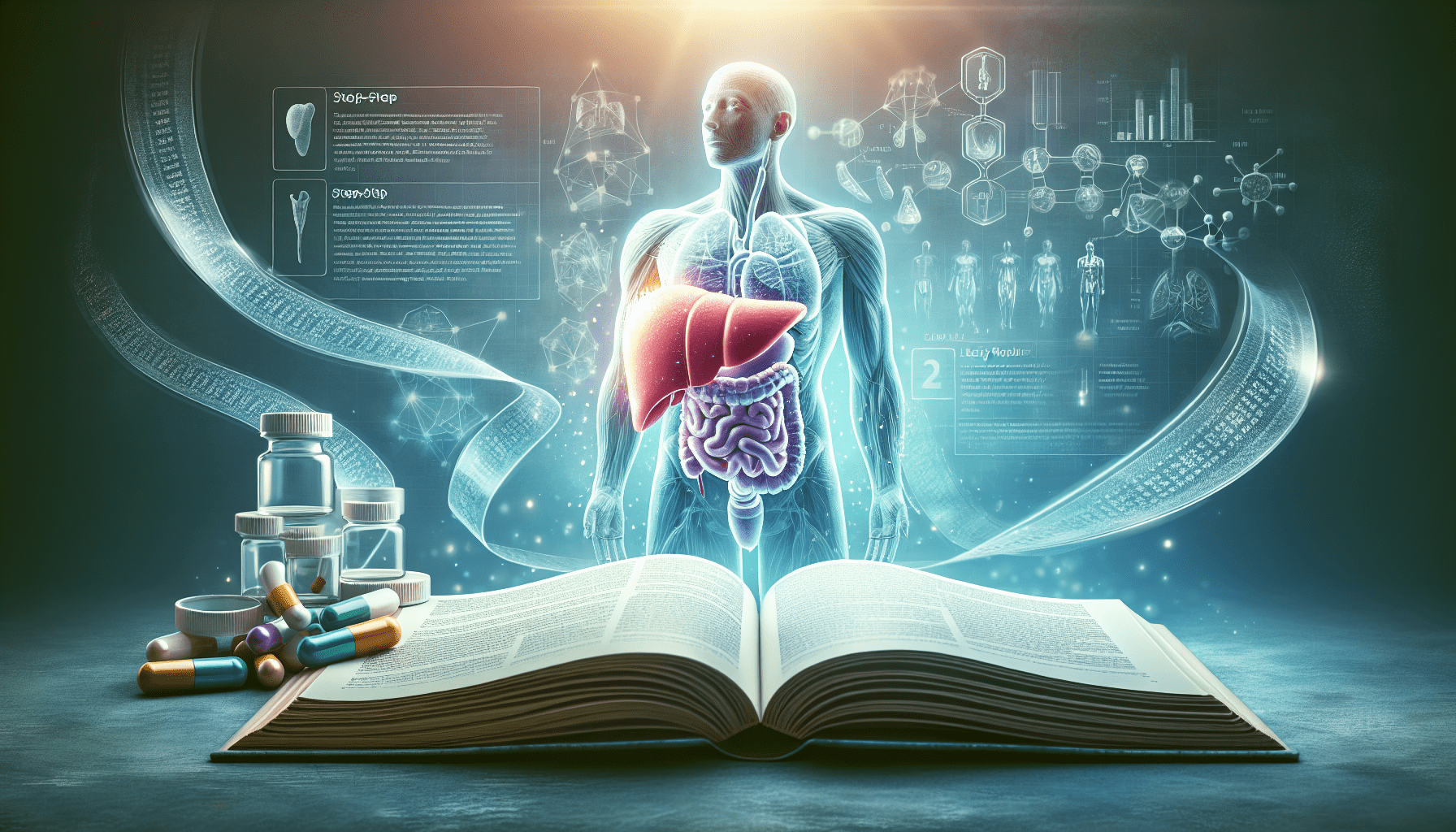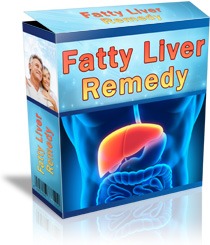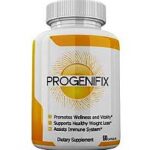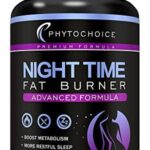Fatty liver disease, or NAFLD, impacts around a quarter of the global population, with a staggering 100 million affected in the US alone, making the quest for an effective fatty liver remedy increasingly critical. The condition, which ranges from simple steatosis to the more serious nonalcoholic steatohepatitis (NASH), not only burdens the liver but also heightens the risk of progressive liver complications.
Fatty Liver Remedy offers a step-by-step guide to understanding the nuances and risks of fatty liver while providing natural remedies and lifestyle changes significant for weight loss and liver health. Through these insights, readers will gain knowledge of fatty liver symptoms and be equipped with strategies for combating fatty liver disease.
Understanding Fatty Liver Disease
Fatty liver disease, also known as hepatic steatosis, signifies a condition where excess fat accumulates in the liver. This can occur in two main forms: Nonalcoholic Fatty Liver Disease (NAFLD) and Alcohol-Related Fatty Liver Disease (ALD). NAFLD is the most prevalent, often linked to obesity, type 2 diabetes, and metabolic syndrome, while ALD results from excessive alcohol intake. Both conditions can progress to more severe stages such as Nonalcoholic Steatohepatitis (NASH) and cirrhosis, which may lead to liver failure. Diagnosing fatty liver involves blood tests, imaging, and sometimes a biopsy, with emphasis on lifestyle changes as the primary treatment. Key prevention strategies include maintaining a healthy weight, regular exercise, and limiting alcohol consumption.
Symptoms Of Fatty Liver Disease
Fatty liver disease, a condition where excess fat accumulates in the liver, can silently progress from hepatitis to fibrosis, and potentially to cirrhosis. If left untreated, the risks escalate to liver failure and even liver cancer. Recognizing symptoms early is challenging, as they are often non-specific and can include fatigue and discomfort in the upper right belly area. In more severe cases, symptoms like jaundice, fluid accumulation in the abdomen (ascites), and an enlarged spleen may signal advanced liver damage or cirrhosis.
Diagnose
Fatty Liver Disease What
Diagnosing fatty liver involves assessing medical history, physical examination, and various tests. Blood tests, imaging, and sometimes liver biopsy are employed to confirm the diagnosis. Both Non-alcoholic Fatty Liver Disease (NAFLD) and Alcohol-Related Fatty Liver Disease (ALD) may show minimal symptoms initially, but as the condition advances, symptoms such as severe tiredness, weakness, and weight loss can manifest, particularly in Nonalcoholic Steatohepatitis (NASH).
Risk factors for NAFLD include obesity, high blood fat levels, diabetes or prediabetes, and high blood pressure, while ALD risk factors encompass heavy alcohol consumption, obesity, malnutrition, hepatitis C, gender with males being more susceptible, and age, as older individuals face greater risk. Understanding these symptoms and risks is crucial for early intervention and finding an effective fatty liver remedy.
To enhance the fatty liver remedy, weight loss is a significant factor. Lifestyle changes that aid in weight management can be instrumental in improving liver health. Integrating these remedies into one’s daily routine can pave the way for a healthier liver and overall well-being.
Fatty Liver Remedy
Natural remedies are a cornerstone in managing fatty liver disease, especially for those with non-alcoholic fatty liver disease (NAFLD). Here are key strategies to consider:
- Weight Management:
- Target a weight loss of 3-5% for individuals with obesity and NAFLD to slow disease progression.
- For symptom improvement, a higher weight loss goal of 7-10% is recommended.
- Dietary Adjustments:
- Adopt a Mediterranean diet, emphasizing fruits, vegetables, whole grains, and healthy fats.
- Decrease consumption of saturated and trans fats, replacing them with unsaturated fats like omega-3 fatty acids.
- Reduce intake of added sugars, particularly fructose, to lower fat production in the liver.
- Exercise Routine:
- Engage in at least 150 minutes of moderate-intensity exercise weekly to diminish liver disease risk and alleviate NAFLD symptoms.
- Supplemental Considerations:
- Explore potential benefits of supplements like vitamin E, coffee, and milk thistle for NAFLD management, but always consult a healthcare provider first.
- Avoidance of Liver Irritants:
- Steer clear of alcohol, excessive over-the-counter medications, and certain vitamins and supplements that may exacerbate liver stress.
- Incorporating Lifestyle Modifications:
- Prioritize a healthy diet, consistent weight loss, and regular exercise to combat insulin resistance in NAFLD patients.
- Combine diet and exercise for greater reductions in liver enzymes and insulin resistance markers.
Remember, while there is no definitive cure for NAFLD, these natural remedies focused on lifestyle changes can significantly improve liver health and function.
Success Stories and Lifestyle Changes
Managing Non-alcoholic Fatty Liver Disease (NAFLD) and Steatotic Liver Disease (SLD) successfully hinges on adopting significant lifestyle changes and committing to them long-term. Individuals like Kira and Kerry Sivia are shining examples of how such dedication can lead to remarkable health turnarounds.
- Kira’s Transformation: By cutting down on simple carbohydrates and incorporating lean proteins, Kira managed to reverse her fatty liver symptoms. Her commitment to regular exercise also played a vital role in her recovery.
- Kerry Sivia’s Lifestyle Overhaul: Following the American Association for the Study of Liver Diseases’ guidelines, Kerry revamped her diet and exercise routine, which was instrumental in reversing her NAFLD.
Wayne Eskridge’s journey is particularly noteworthy. As the founder of the Fatty Liver Foundation, he reversed his nonalcoholic steatohepatitis (NASH) by:
- Losing 70 pounds: A significant weight loss that helped improve his liver’s health.
- Improving Diet: Adopting a balanced diet, rich in nutrients and low in processed foods.
- Regular Exercise: Incorporating consistent physical activity into his daily routine.
These success stories underscore the importance of weight management and healthy living in combating fatty liver disease. While no FDA-approved medications specifically target NAFLD, the following lifestyle modifications are recommended for managing the condition effectively:
What Can Be Benificial
- Dietary Changes: Embrace a healthy diet free from excessive simple sugars and alcohol. Focus on portion control and nutrient-rich foods.
- Exercise: Engage in regular physical activity to help reduce liver fat and improve overall health.
- Regular Health Check-ups: Keep up with healthcare appointments to monitor liver health and adjust treatment plans accordingly.
- Medication Management: For NASH, medications may help manage related conditions such as high cholesterol, high blood pressure, and diabetes.
It’s essential to remember that in severe cases of FLD, such as NASH-related cirrhosis, liver transplants may be considered. However, with the right fatty liver remedy involving weight loss and lifestyle adjustments, many individuals can prevent the disease from reaching such critical stages.
Conclusion
Throughout this article, we have explored the critical steps and lifestyle modifications necessary for addressing fatty liver disease, a condition impacting millions. Emphasizing weight management, dietary adjustments, and consistent exercise, we’ve highlighted how these natural remedies can significantly slow the progression of NAFLD and contribute to a marked improvement in liver health. The personal stories shared serve as a testament to the power of committed lifestyle change in restoring liver function and overall well-being.
As we consider the journey towards a healthier liver, remember that it is a continuous process that requires dedication and adherence to the strategies discussed. For those seeking to take the first step or wanting to enhance their current efforts in managing fatty liver disease, resources and support are available. Engage with the Fatty Liver Foundation’s wealth of information and community support to further your commitment to liver health. Together, with informed choices and proactive measures, we can navigate the path to a healthier liver and a better quality of life.






